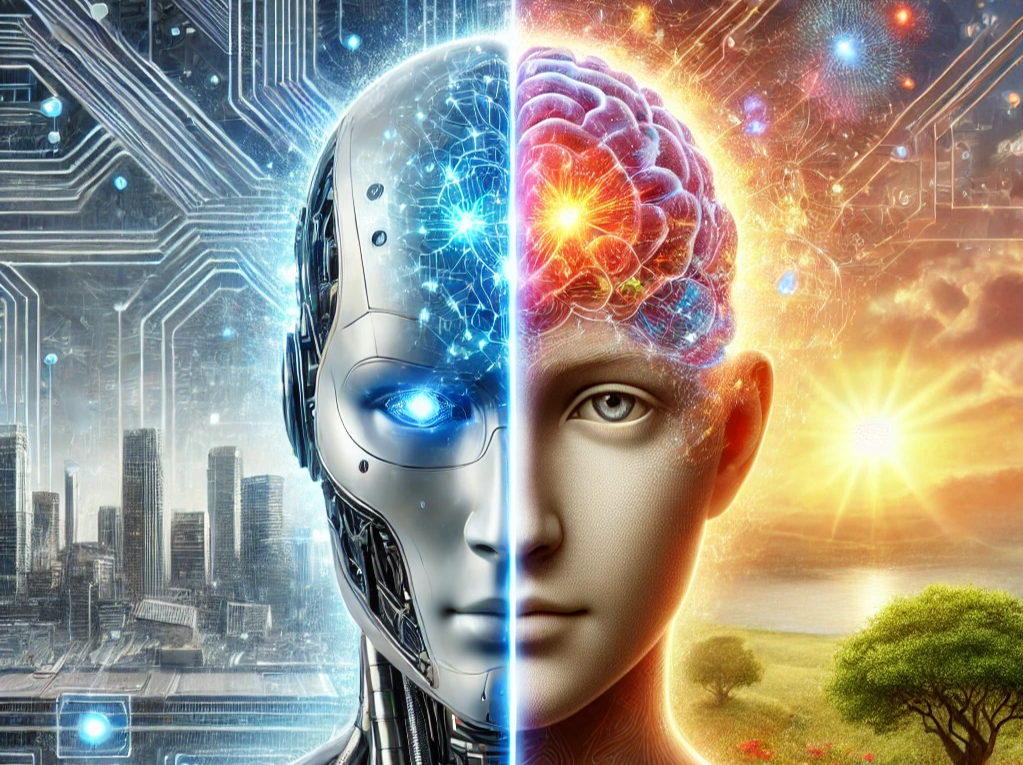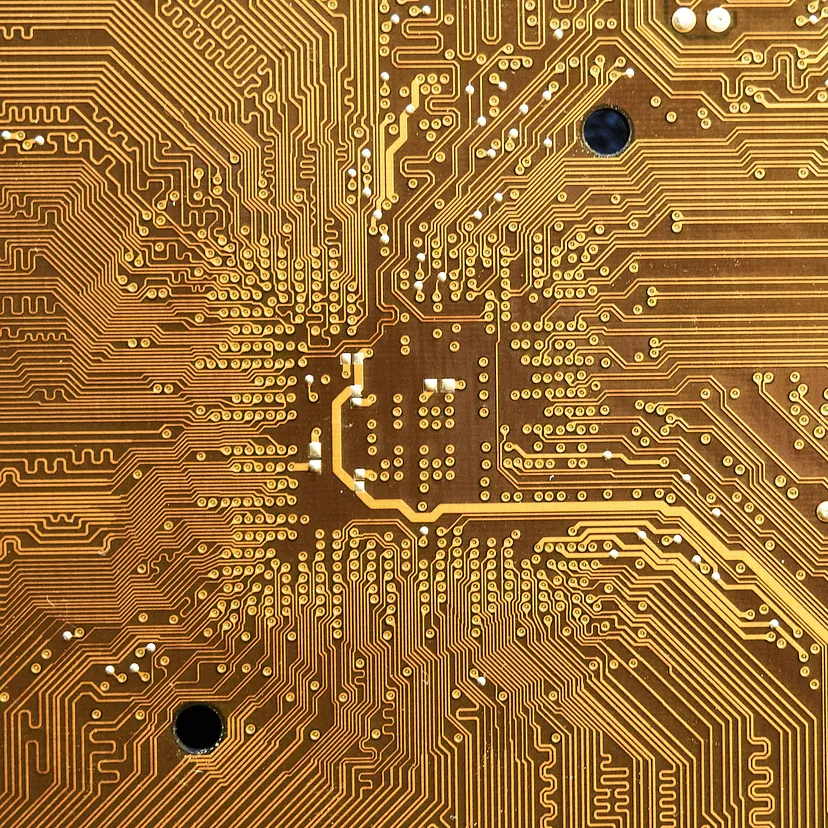- Cognitive Science, Consciousness, Neuroscience, Philosophy, Psychology
What is consciousness? This question has baffled the traditional physicalist approach to science. Part of the reason is that reductive physicalism is flawed, as it fails to effectively frame complexification, systems, processes, and the difference between objective and subjective epistemologies. This article introduces a new philosophical approach called “Extended Naturalism,” which extends both our view of the physical world and our understanding of the mental domain and enables the puzzle to be effectively framed so that we can achieve a coherent picture of the whole.
Article by Gregg Henriques
Understanding Consciousness
- This article provides an overview of a new approach to understanding consciousness called “Extended Naturalism.” Extended naturalism shifts the basic framework for understanding matter and mind from a traditional “physicalist” perspective to a holistic naturalistic perspective.
- This perspective alters the grammar of science, nature, mind, and knowledge and affords a new way to coherently align consciousness with the matter.
- The article explains how Extended Naturalism is different from materialism, idealism, panpsychism, and dualism, and allows us to address both the question of what consciousness is and how it works in the natural world.
Share:Understanding Consciousness
Share this link
- February 4, 2025
34 min read




